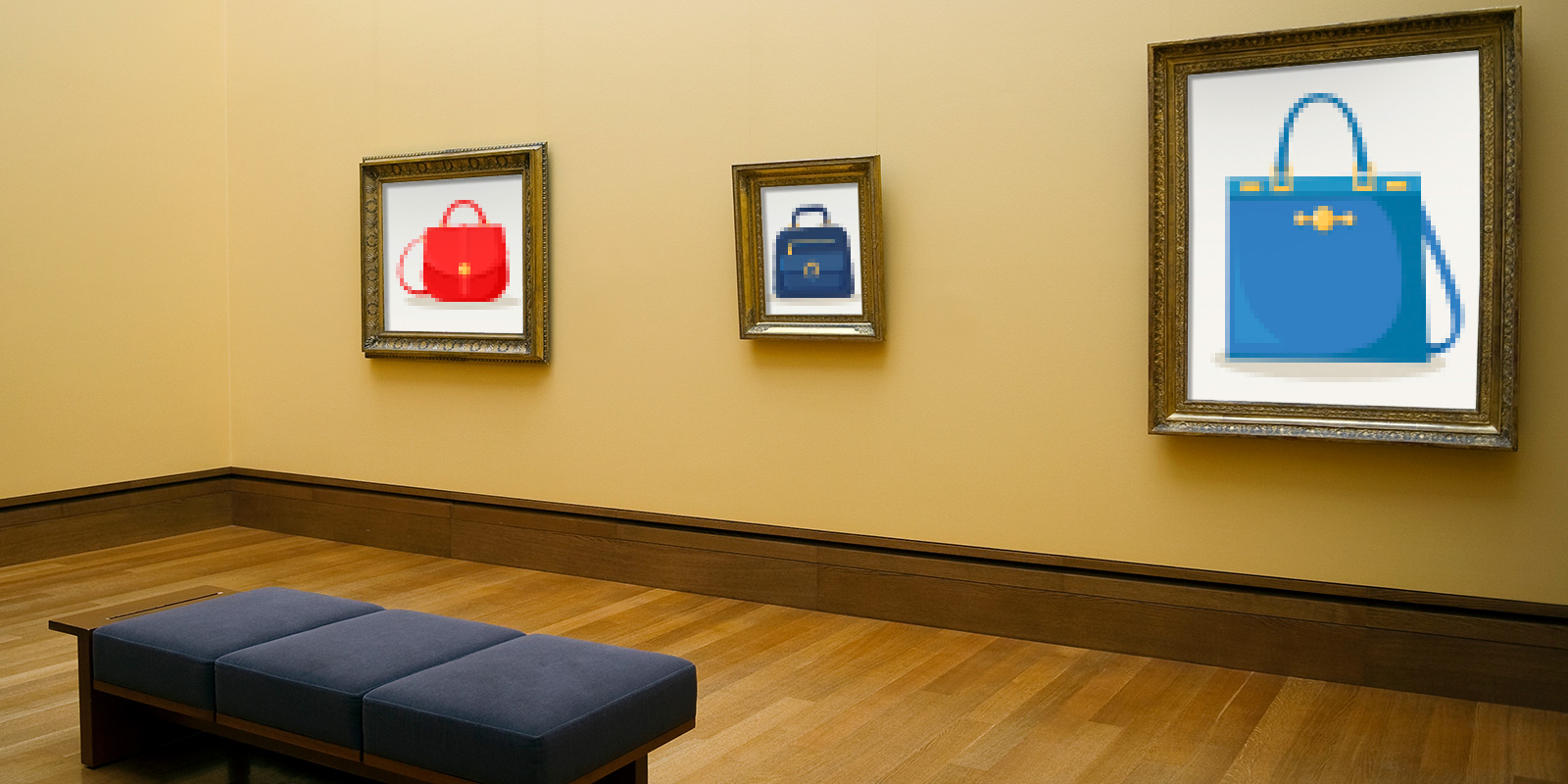
"MetaBirkins" Bagged: NFT Creator Found Liable for Trademark Infringement
In a closely watched trademark infringement case involving non-fungible tokens ("NFTs"), a jury found that the sale of digital images of Hermès's Birkin bags as NFTs infringed and diluted Hermès's trademarks.
Rejecting arguments that NFTs depicting Birkin handbags with colorful fur are entitled to First Amendment protection, on February 8, 2023, a jury in the Southern District of New York found artist Mason Rothschild liable for infringing and diluting the trademarks of Hermès International ("Hermès"). The jury also found that Rothschild's registration of the MetaBirkins.com domain name constituted cybersquatting.
This case was the first to try the issue of whether copying a real-world brand as an NFT could qualify as protected artistic expression. Hermès claimed that Rothschild's "MetaBirkin" NFTs caused consumer confusion and disrupted its efforts to enter the NFT space. In contrast, Rothschild argued that sales of his fur-covered blurry images of "Metabirkin" NFTs were a form of protected expression as a reference to the fashion industry's antifur movement and as a comment on the Birkin bag's influence on modern society. As such, Rothschild argued that he was immune from liability under the First Amendment, teeing up the issue of whether NFTs were the type of artistic expression that could be covered by the Rogers v. Grimaldi test.
At summary judgment, Judge Rakoff determined that "MetaBirkin" NFTs could constitute a form of artistic expression and held that the Rogers v. Grimaldi test applied to Hermès's claims. Under Rogers, trademark use as part of an expressive work is protected by the First Amendment if the use is both (i) artistically relevant and (ii) otherwise not explicitly misleading. In addition to the Rogers defense, Rothschild asserted that confusion was not likely because the "MetaBirkin" images are not merely reproductions of Birkin bags (but rather are fanciful depictions), are not actual handbags, and given the market prices of the parties' products, consumers would carefully check the entire description of the "MetaBirkin" NFTs before purchase.
The holding in Rogers notwithstanding, following a five-day trial, the jury found that the NFTs were not art protected by the First Amendment, finding in favor of Hermès on all of its claims and awarding Hermès $110,000 for Rothschild's net profits and $23,000 in statutory damages for cybersquatting.
The decision is the first to analyze infringement of a real-world brand in a virtual context and should be considered by both trademark owners and NFT creators in considering the limits of First Amendment protection in connection with the creation and sale of NFTs. The case is Hermes International et al. v. Rothschild, Case No. 1:22-cv-00384 (S.D.N.Y.).






